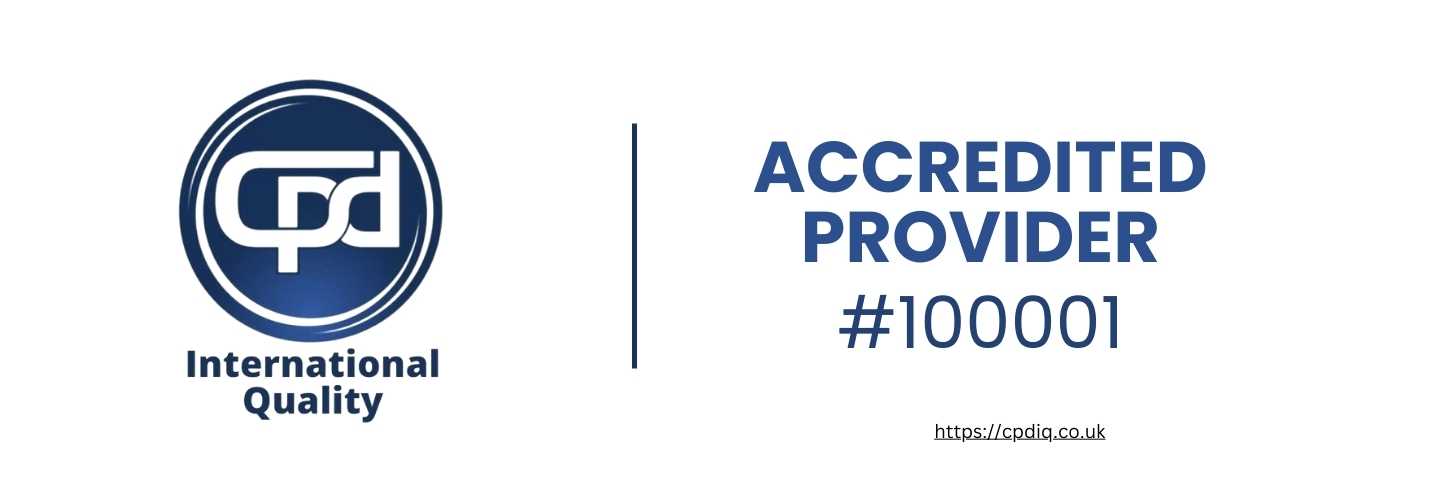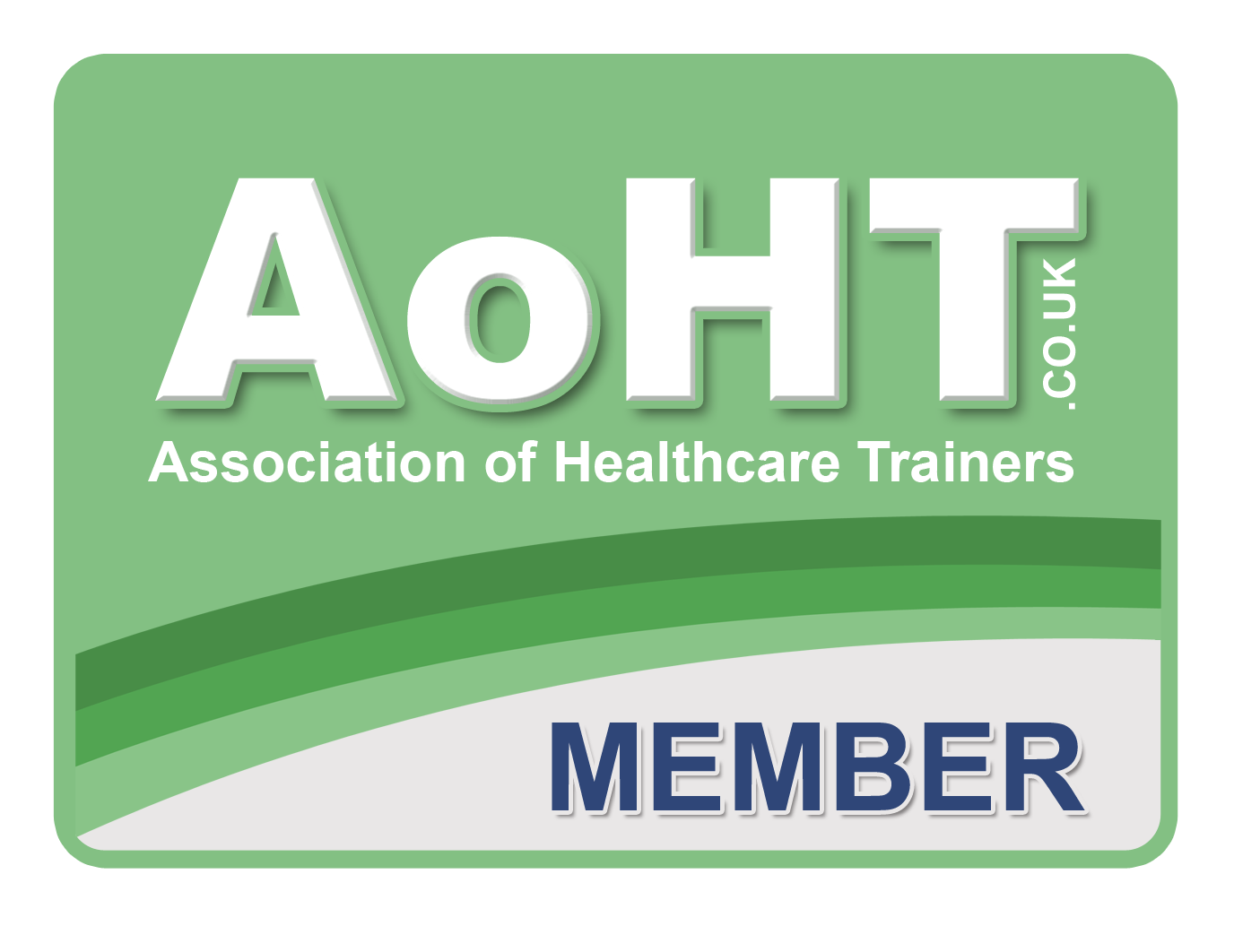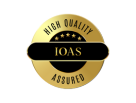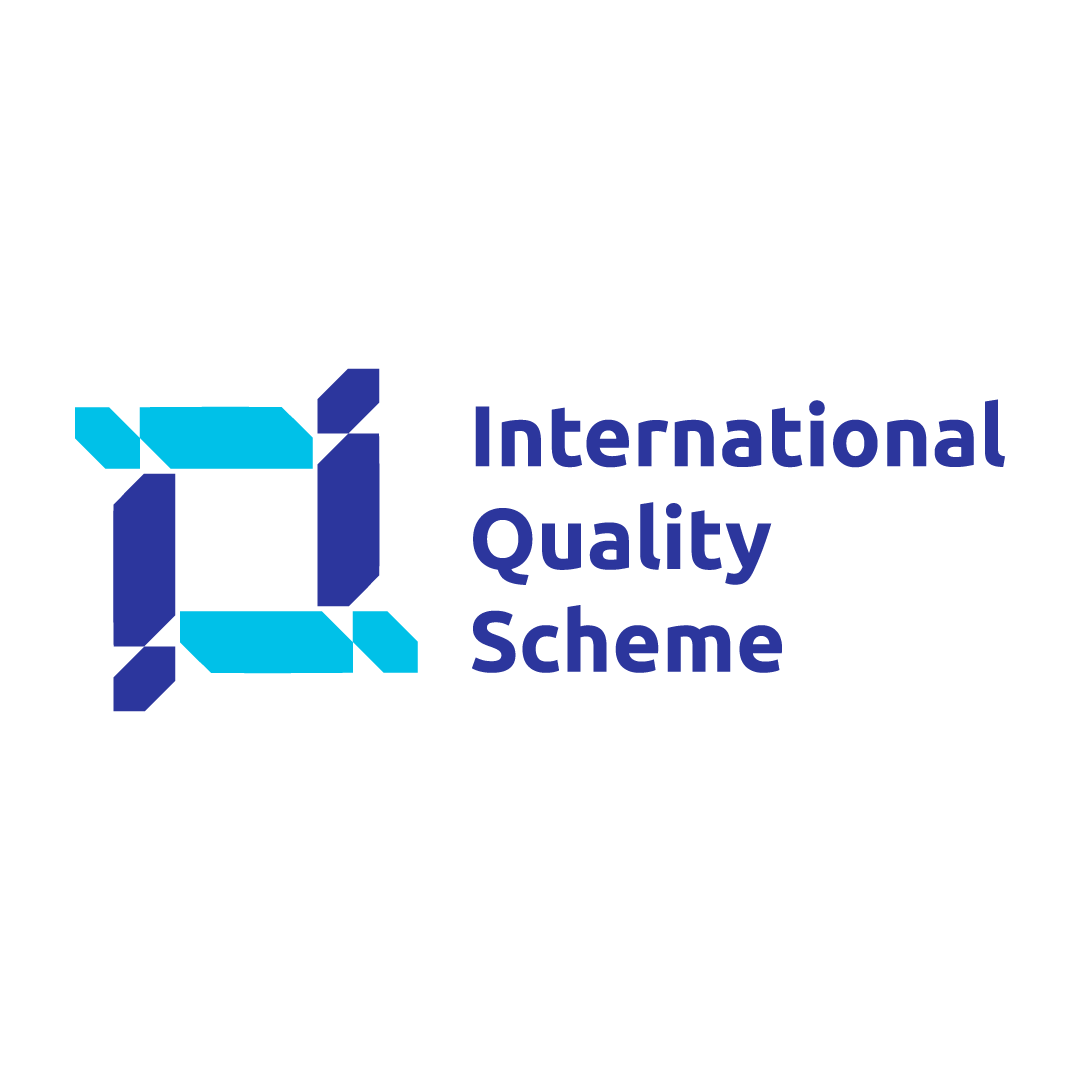
There is no denying that human resource managers now play a crucial role in managing talent, organisational culture, and legal compliance for a firm. Their decisions have a real impact on how satisfied employees are in their jobs and, ultimately, on how well their organisations perform. This blog outlines a list of common HR mistakes, and mistakes to avoid as human resource managers, and provides essential HR management tips to clearly recognise and eliminate these pitfalls before they cause tangible damage to your management, team, and employees.
Quick Overview
This blog highlights nine common HR mistakes that can impact employee satisfaction and organisational success. It covers crucial areas such as communication, employee development, company culture, recruitment, feedback, policy enforcement, well-being, difficult conversations, and legal compliance.
Key Takeaways:
✅ Importance of clear and transparent communication
✅ Investing in employee growth and training
✅ Building a positive and inclusive company culture
✅ Refining hiring processes to avoid costly mistakes
✅ Encouraging and acting on employee feedback
✅ Consistent enforcement of policies to ensure fairness
✅ Supporting employee well-being with wellness initiatives
✅ Addressing tough conversations promptly and empathetically
✅ Staying updated with evolving employment laws
1. Failing to Communicate Effectively
Effective communication is essential for HR managers to prevent misunderstandings and disengagement among employees, necessitating clear, open channels and the avoidance of jargon to foster transparency and connection.
Importance of Clear Communication
Communication is vital to the success of any company, and HR managers are at the forefront of ensuring it remains clear. When a breakdown in communication occurs, misunderstandings, conflicting intentions, and a decrease in productivity can result. Employees may feel disconnected from the company or unclear about what is expected of them or where the company is heading, which can lead to frustration and disengagement. Poor communication can also create an atmosphere of confusion, where policies are mangled, feedback is unclear, and employees become increasingly unhappy with their work experience.
Effective HR Communication involves ensuring that communication is clear, consistent, and open from the top down so that employees feel valued and informed, enabling them to do their best for the company. However, frequent mistakes to avoid as Human Resource manager in communication, such as failing to provide adequate channels for feedback, using confusing jargon, and neglecting transparency across teams, can undermine these efforts.
Mistakes to Avoid as Human Resource Manager: Tips for Improving Communication
To address frequent mistakes to avoid as Human Resource manager and how to avoid them, HR managers need to create more channels for communication between management and employees to encourage openness and transparency. Regular meetings should be held to communicate policies and receive feedback from employees. Additionally, other feedback forms should be made available in open spaces, and an ‘open-door policy’ can be implemented to share ideas and provide feedback.
One common mistake to avoid as human resource manager is using jargon in policies or feedback, which can be confusing for employees. Instead, policies and feedback should be explained in simple, clear language to ensure understanding.
Furthermore, HR staff could encourage openness across teams by cultivating regular check-ins, maintaining thorough documentation, and promoting cross-departmental interactions. By fostering transparency and addressing frequent mistakes to avoid as Human Resource manager, HR can lessen the likelihood of miscommunication and ensure that all staff are on the same page.
2. Neglecting Employee Development
Offering development opportunities is crucial for HR managers to retain motivated employees, boost productivity, and ensure organisational success by aligning training with individual and company goals.
Importance of Professional Growth
Offering development opportunities to employees is an important way to retain a skilled and motivated workforce. If HR managers provide training and development opportunities, employees may feel valued, energised, and appreciated. Without these opportunities, employees might become less motivated and productive, eventually leaving the company for an employer who values their need for professional development.
Apart from losing employees to competitors, organisations that do not invest in employee growth also risk losing their ability to innovate and remain efficient, as employees are not equipped with the tools and skills to keep up to date with the latest industry competencies. Organisations that neglect employee growth not only harm the careers of their employees but also jeopardise their own future success.
Invest in Training Programs
To improve employee engagement, HR managers should explore ways to keep staff motivated by offering various development opportunities, such as mentorship programmes, skill-building workshops, or career progression planning. When employees see a clear pathway to achieving their goals, they are generally more motivated to stay loyal and perform well.
Additionally, training programmes should be designed to meet individual needs and align with company goals. Encouraging differential status and learning, as well as upward mobility within the company, helps maintain a dynamic and skilled workforce, which in turn boosts productivity and retention. By integrating these HR management tips and focusing on improving employee engagement, organisations can enhance their overall effectiveness and success.
3. Overlooking Company Culture
Cultivating a positive organisational culture is vital for HR managers to enhance employee engagement and retention, requiring inclusivity, collaboration, and recognition of contributions.
Impact of Company Culture
The culture of an organisation is crucial to employee engagement, organisational health, and, ultimately, the ability of that organisation to accomplish its mission. When HR managers fail to cultivate a healthy culture—or neglect to do so—it can result in a toxic or neglected culture that diminishes employee satisfaction, engagement, and morale. These are common mistakes to avoid as Human Resource manager that can lead to unengaged employees who become less invested in their work and are more likely to seek opportunities elsewhere. When they feel unvalued, unmotivated, or disconnected from an organisation’s mission and values, it’s only a matter of time before they look for a work environment that respects, engages, and satisfies them.
A vibrant, positive company culture—the ‘way we do things around here’—can be a crucial factor in attracting and retaining the best employees. Conversely, a negative culture can have the opposite effect: even employees who like their jobs might consider leaving if they dislike the culture. Recognising and addressing these frequent mistakes to avoid as Human Resource manager is essential for maintaining a productive work environment.
Building a Positive Culture
To avoid these pitfalls and improve effective HR communication, HR managers should focus on building and sustaining a positive culture and focus on the mistakes to avoid as human resource manager. This can be achieved by making the culture more inclusive, encouraging collaboration among employees, and respecting and rewarding their contributions. Making people feel valued, respected, and empowered will enhance their sense of loyalty and engagement.
HR managers should also ensure that all employees are kept informed about the company’s values and be informed of the mistakes to avoid as human resource manager. This can be done through regular team-building activities, conversations about how to improve the workplace, and acknowledgment of employees’ work. By addressing common mistakes to avoid as Human Resource manager and implementing HR management tips, a strong company culture will make it easier to retain employees, maintain staff morale, and create a more productive and pleasant place to work.
4. Poor Recruitment and Hiring Practices
Improving the hiring process by refining job descriptions, using structured interviews, and leveraging data-driven tools is essential for HR managers to avoid poor hires and enhance organisational effectiveness and be aware of the mistakes to avoid as human resource manager.
Consequences of Bad Hires
A bad hire can drag down an organisation in multiple ways. Poor hiring decisions often lead to a higher turnover rate, creating a cycle of re-recruiting and re-training that wastes time and money for the HR department. Additionally, a poor hire can disrupt team dynamics, as colleagues may have to compensate for the new hire’s inefficiencies or adjust to the fact that they are not a good fit for the team.
In the long run, hiring the wrong people can degrade an organisation’s overall effectiveness, tarnish its reputation, and incur extra costs in training, onboarding, and severance payouts. Identifying these frequent mistakes to avoid as Human Resource manager and understanding their consequences is crucial for improving overall HR practices.
Improving the Hiring Process
To identify frequent mistakes to avoid as Human Resource manager and avoid them, HR managers can refine the hiring process by ensuring that job descriptions are written clearly and accurately, reflecting the true nature of the role. Vague or overly general descriptions may attract inappropriate candidates, making it more difficult to find a good fit. Structured interviews that assess both technical skills and cultural fit are also valuable. Using consistent, behaviour-based questions helps to ensure that candidates are evaluated on a level playing field with the right criteria.
Moreover, HR leaders can train recruiters and managers to utilise data-driven hiring processes, such as recruitment analytics tools or candidate assessment tools. These tools can assist in evaluating fit for the role and the company, thus enhancing improving employee engagement by ensuring that new hires are well-matched to the organisational culture and job requirements. By focusing on improving the hiring process rather than just the number of candidates hired, HR can transform itself into a more strategic function and mitigate the risks associated with poor hiring decisions.
5. Ignoring Employee Feedback
Ignoring employee feedback can lead to disengagement and high attrition, so HR managers should establish accessible feedback channels and act on input to enhance morale and trust.
Value of Employee Input
It has been shown that ignoring employees’ feedback, or worse, dismissing and ridiculing it, can lead to team members becoming disengaged. Such members might respond to their discomfort with lower morale, a loss of trust in management, and ultimately increased attrition. Furthermore, in a team where management doesn’t listen, members feel less connected to decisions and less willing to trust management over time.
Listening to employees and taking action based on their feedback highlights the importance of employee feedback. It can help identify workplace problems and craft new policies that better address concerns on the ground. This approach also helps employees feel heard, boosting overall satisfaction and performance.
Encouraging Feedback Loops
To implement effective HR management tips, HR managers should establish informal and direct channels of feedback that allow employees to express their thoughts and concerns regularly and accessibly. For instance, anonymous surveys or performance reviews can provide a way for employees to share feedback at regular intervals, without fear of repercussions—ideally through scheduled one-to-one meetings.
Employee forums or town hall meetings can be useful for addressing broader issues or finding ways to improve the workplace. Above all, feedback should be actively sought and acted upon. When employees see that their input leads to positive changes, they are more likely to become trusting and engaged, reinforcing the importance of employee feedback in enhancing overall workplace effectiveness and morale.
6. Inconsistent Policy Enforcement
Inconsistent enforcement of policies can undermine trust and morale, so HR managers must ensure uniform application and transparency to foster a fair and cohesive workplace.
Risks of Inconsistency
Inconsistent enforcement of policies can make the workplace seem arbitrary and unpredictable, which can leave employees feeling bewildered, frustrated, and resentful. When protocols aren’t consistently followed, some employees may feel favoured by the executive while others face punishment. This disparity can lead employees to question the integrity of the organisation’s leaders. Over time, such behaviour can undermine trust and morale throughout the team.
HR management tips for policy enforcement need to focus on improving consistency to ensure HR and management credibility. Inconsistent application of policies can make it more challenging to address similar issues in the future and can erode employee engagement and productivity. A worker who perceives unfair or unequal treatment may be more inclined to leave the job.
Fair and Uniform Policy Application
Policies should be enforced uniformly across all levels of the organisation, with HR managers clearly setting out expectations and procedures in advance. Managers should also receive regular training on how to apply policies fairly, and organisations should document policies thoroughly so that they are easily searchable and accessible to everyone. Employees should be able to understand the policies without any ambiguity.
Adopting regular audits of policy enforcement can help identify any deviations and inconsistencies that may have emerged. Consistency and transparency in how HR enforces policies can foster a culture of fairness and trust, ultimately creating a more cohesive and harmonious workplace.
7. Overlooking Employee Well-being
Supporting employee well-being through wellness programmes and flexible work options is essential for HR managers to enhance engagement, reduce burnout, and foster a positive workplace culture.
Importance of Well-being Initiatives
Failing to support the well-being of employees exposes organisations to considerable risk, including burnout, higher levels of stress and sickness absence, and unexplained presenteeism. Employees who are overstretched and stressed are less productive, creative, and engaged, and are more likely to remain disengaged, underperform, and ultimately leave. The failure to support well-being also signals that the organisation does not care for its people, which can damage morale and loyalty. Addressing well-being is crucial for improving employee engagement, as it demonstrates that the organisation values and supports its employees.
Burnout affects individual employees, the teams they are part of, and the organisation as a whole. HR managers can’t afford to ignore well-being if they want to maintain a healthy and motivated workforce.
Implementing Wellness Programs
HR can support the mental and physical well-being of employees through various wellness initiatives. For instance, the company can implement wellness programmes focused on mental health, such as providing access to counselling services, mindfulness workshops, or stress-management seminars. Another option is to offer employees a more flexible work environment by allowing remote work, flexible hours, or other adaptable work arrangements.
Investing in physical wellness programmes, such as organising fitness challenges, subsidising gym memberships, or hosting on-site wellness events, can also promote physical activity and healthy habits. By integrating the importance of employee feedback into these programmes, HR can ensure that wellness initiatives are effectively tailored to employee needs. Great HR practitioners strive to improve employee engagement and enhance the work environment through comprehensive wellness programmes, resulting in reduced stress and a more positive and productive culture.
8. Avoiding Difficult Conversations
Procrastinating on difficult conversations can worsen workplace issues, so HR managers should prepare empathetically and focus on solutions to foster trust and resolve conflicts effectively.
Challenges of Tough Conversations
Procrastinating and avoiding difficult conversations, whether around performance, conflict, or feedback, can create larger problems in the long run. When issues are not addressed, they can fester underneath the surface, growing until they explode and create a toxic work environment that adversely affects team dynamics. The team may become disengaged, demoralised, or uncertain if they are not receiving clear feedback or if their concerns are not being addressed.
HR managers need to understand that, while these conversations can be uncomfortable, avoiding them does nothing to resolve the problem and only undermines the trust on which an organisation is built. It is better to confront issues directly rather than hoping they will resolve themselves.
Approaching Difficult Topics
To handle these professional conversations effectively, you need to prepare, focus on the facts of the situation, and show empathy while being clear about what is required. As an HR manager, you should prepare for the conversation by gathering the relevant facts and ensuring the discussion is ‘solution-focused’ rather than based on blame. Approach the conversation clearly and compassionately, and be direct when presenting the facts. Ensure that the conversation is solution-focused to maintain a positive and respectful tone. When addressing difficult topics, offer practical solutions and discuss how to improve performance or resolve conflicts.
Follow-up is crucial to ensure that the issues raised are being addressed and that both parties feel supported. After difficult conversations, it’s a good idea to check in regularly to assess progress, reinforce positive changes, and demonstrate commitment to resolving the issues.
9. Failing to Stay Updated with Employment Laws
HR managers must stay informed about evolving employment laws through ongoing training and effective communication to avoid costly compliance issues and maintain employee trust.
Legal Compliance and Risks
HR managers need to be well-versed in the current laws and regulations governing employment. Ignorance of these laws is not an option, as it can lead to costly litigation, penalty fines, and damage to the company’s reputation. Employment laws are constantly evolving, so HR must ensure that its policies and practices align with the latest legal requirements. Mistakes to avoid as human resource manager include failing to stay updated on these changes, which could result in violations related to hiring, safety, discrimination, employee benefits, and other areas.
Non-compliance can also negatively impact company morale and undermine worker trust if employees feel their rights are not being respected. Preventive compliance is essential to protect both the organisation and its employees from unnecessary harm.
Ongoing Legal Training
HR managers can avoid these pitfalls by engaging in effective HR communication and staying informed about legal trends. Attending seminars, conferences, and webinars on human resource management regularly can help HR managers keep up with the latest developments in employment laws. Consulting legal advisors for guidance in drafting or reviewing company policies, especially during policy reviews or organisational changes, is also crucial.
Subscribing to industry updates or legal newsletters is another way to stay informed about changes or upcoming regulations that might affect HR practices. By remaining aware of legal trends and communicating effectively about compliance, HR managers can help their organisation operate within the bounds of the law and minimise the risk of non-compliance.
Conclusion
We have described 9 common mistakes to avoid as human resource manager that often need to communicate better with staff, such as not involving employees in decisions, not developing employees, not enforcing policies consistently, not confronting problem employees, and other issues. To be an effective HR professional, you need to avoid these pitfalls. Regularly reflect on your actions and how you can improve, and focus on both employee well-being and organisational goals to build a healthy, productive workforce.










